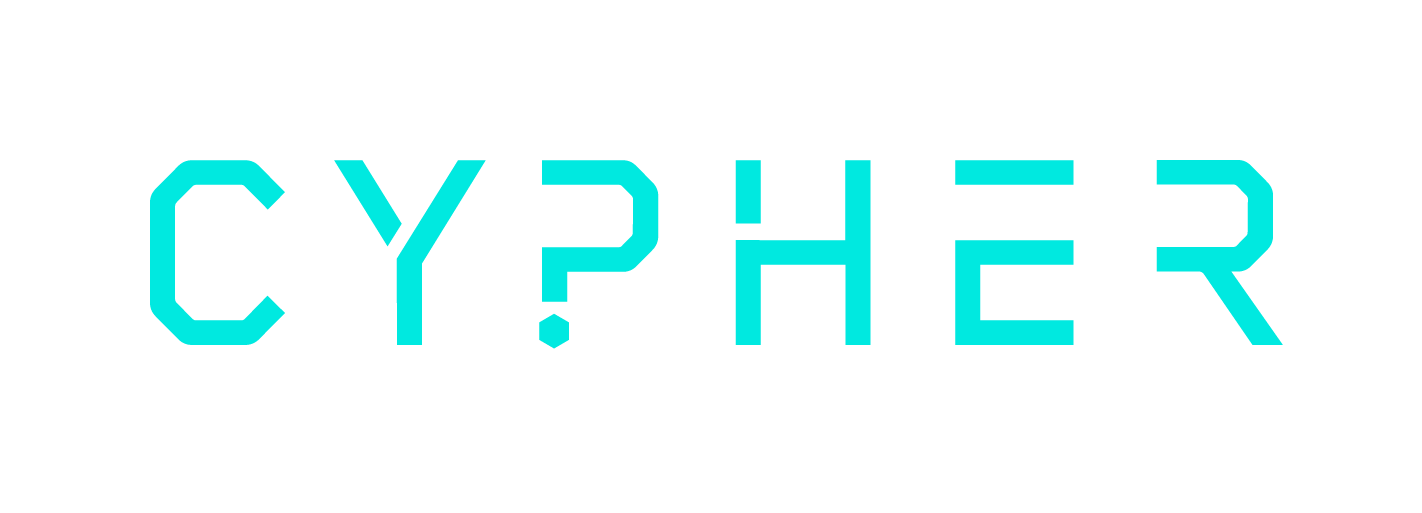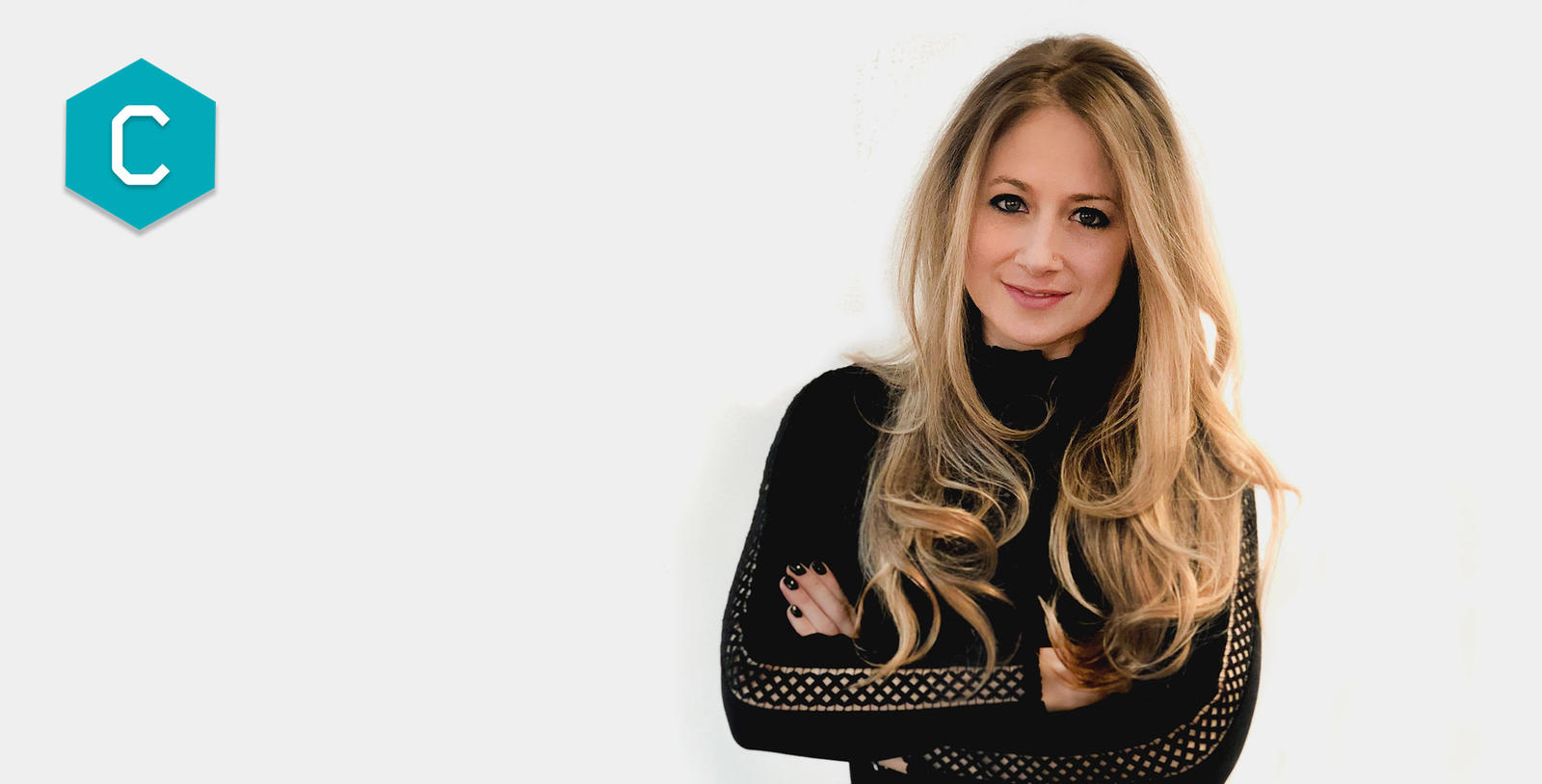Cypher is one of the leading coding schools for children. We encourage children from four years old to learn the language of the future, code, through engaging creative themes. We teach beyond the National Curriculum so that our students learn different computing languages, computational thinking and become tech literate.
By teaching children to code, we believe that we are a crucial part of each child’s educational journey, equipping them to succeed in whatever field they want to and inspiring them to aspire to great things. As our world becomes more dependent on advancing technology, we want everyone to be able to understand how to communicate, take away barriers and fears around technology and ensure a greater diversity in the development of technological solutions. We’re not necessarily creating a generation of computer scientists or coders, but sharing the knowledge, thinking and problem-solving skills that we must all know to appreciate the opportunities of the future.
We moved our teaching completely online for our Live Online Camps and Clubs in response to Covid-19 restrictions, but we will be starting to reintroduce in-person coding camps over October half-term if it is safe to do so. Going online has allowed us to expand much more quickly nationally and internationally than we could have done so only in person.

How did you come up with the idea for the company?
When I was working in architecture, it became apparent that people were having to teach themselves code in order to solve problems they were facing and were only able to use one coding language to approach a specific challenge. This limited their ability to adapt quickly to the next problem coming down the line. It occurred to me that if they had a foundation in computer science and were familiar with computational thinking they would have been able to have a much more open-minded and productive approach. And why not teach them as young as possible? My idea for the company was to inspire kids as young as four to learn to code, and to lead them through a cumulative curriculum up to the age of 12 or 14, so that computational thinking and computer science would become second nature to them – making them future-ready.
The idea also has a firm business model – not only would we teach kids to code, but we would also provide enriched childcare during the holidays for busy parents and use school premises in the holidays which could create revenue for schools and increase their extra-mural offers to the community.
With so many fields using AI and computer science outside of the traditional tech subjects, it became clear to me that introducing the fundamentals of computer science and coding at an early age was vital to ensuring there would be a future-ready workforce that can instantly use that knowledge and adapt it to a scenario in whichever field they work in, whether that’s architecture, engineering or even fashion. This would open doors for young people and enable them to navigate through the world confidently and creatively.
More from Interviews
- Inside Mobile Payments with Bojoko’s Ville Saari
- Meet Steve Haskew, Group Director of Sustainability and Growth At Circular Computing
- A Chat with Hakob Astabatsyan, CEO and Co-Founder of Synthflow AI
- Meet Ernesto Suarez, CEO at Travel Insurance Provider: Gigasure
- Under Pressure and On the Clock: Gurhan Kiziloz’s Nexus International to Hit $1.45B Revenue in 2025
- Daisy Ip of InvestHK: Why Hong Kong Continues To Grow In Popularity Amongst UK Fintech Startups
- A Chat with AJ Balance, Chief Product Officer at Grindr
- A Chat with Jennifer Cohen Solal, CEO and Co-Founder at Private Sales Platform: Hushday
Why is it important for children to learn to code?
Education has already come a long way, but there’s still a skills shortage in the STEM workforce. By really getting children to engage with coding, inspiring them to be creative and have fun with it, we can fill that gap not only in the tech companies but across a range of industries. Coding isn’t limited to just computer scientists – for example, fashion designers use code to create 3D printed garments and epidemiologists use code to predict the effects of viruses in populations. Tech has already broadened our capabilities of what we can achieve and who knows what jobs will be available in the future for those who have those skills?
There are already children who are fascinated by code, much like me when I was a kid, but the important part is to get everyone interested. By having a wide range of children engaging with code, we can create a truly diverse workforce for the future. Cypher helps to attract the kids you might have thought wouldn’t be interested in coding, such as the sporty or arty kids, by showing them how coding and computer science can be applied to what they love too.
What can we hope to see from Cypher in the future?
Our Live Online Camps and Clubs, which we started in April, have been extremely successful. Initially, we had to switch all our holiday camps online due to lockdown and our online offer helped to keep children learning, engaged and developing computational thinking, as well as entertained. This was a rapid acceleration of our long-term plans to introduce digital teaching and a wider geographical reach and has really helped us hone and tone our expansion plans.
Key to our remote teaching success is that all classes are small with teachers live online throughout the sessions and a high level of interactivity. This level of quality and attention to customer satisfaction is central to our success going forwards.
Developing our Live Online offer has rapidly increased our accessibility for students with mobility issues and at distances outside London, and also expanded our reach to the rest of Europe and as far afield as the USA, the Philippines and Taiwan. In the future we will be developing our United States offer to include a wider range of Live Online Camps and our plan are to offer camps more globally. Cypher will be expanding both On Location, in person, camps and Live Online camps in the UK.
Another aspect to our teaching is working within schools, where we are now offering a remote service to bring computer science experts into the classroom, virtually, and offering virtual inspirational talks and workshops to our partner schools.
For more information visit: https://www.cyphercoders.com/apply-to-teach



